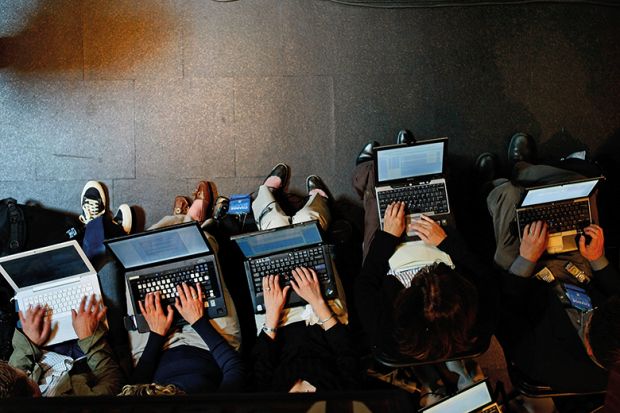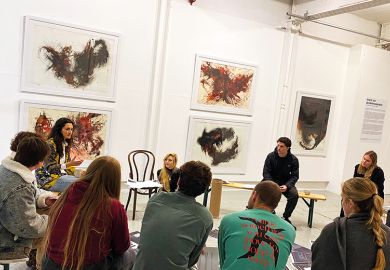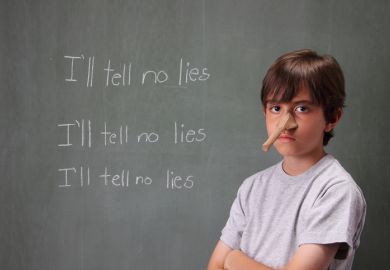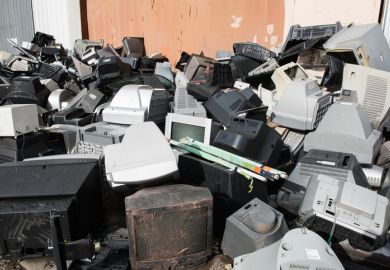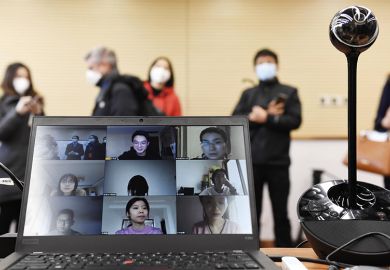Wikipedia is one of those topics that can cause instant division among academics. Some of us love it; some swear they never use it (although we all know everyone does).
However we feel about it, the debate usually centres on its value as a source of information. But, what if we looked at it as a tool, something we can use to enhance students’ digital capabilities and teach them about some of the very issues that are often used as criticisms of Wikipedia?
Too often, Wikipedia is simply written off. Students are told not to use it, without any real explanation as to why. Merely making Wikipedia out of bounds does not help students understand the very real concerns about the site as a research source. Moreover, it potentially undermines us as academics when we tell students not to use it because they do it anyway, and we don’t notice or can’t tell.
I recently taught a module to publishing students structured around the use of editing Wikipedia. The module’s main aim was to introduce Wikipedia to the students as their “client”.
They would have to ensure they kept the client’s audience in mind when writing, so they used the appropriate style and tone as dictated by Wikipedia’s “manual of style”. They would have to adhere to the client’s requirements for quality and source standards, requiring research and evaluation skills. They would be creating and editing live content, with fellow editors commenting on and editing their work, and a live audience around the globe.
The module began with introducing students to the basics of editing Wikipedia: creating accounts, learning how to make small copy-edits, how to structure and format articles. Each weekly class was then broken into two halves: the first combining a mixture of lecture delivery with practical activities, and the second devoted to editing Wikipedia as well as to applying the principles and skills focused on in the first half.
Every week, we concentrated on a different topic, all as relevant to the students’ ongoing digital literacy capabilities as to future publishing careers: evaluation of articles and sources, copyright and plagiarism, referencing, research, online use of images, online etiquette and dealing with harassment, systemic bias, peer review and online collaboration.
Activities involved copyright quizzes, “google Yourself” digital footprint activity, missing citation hunts, fake news activities, implicit bias tests, representation quests and weekly reflective blog posts. We also had guest lectures from the students’ academic librarian focusing on research, and from one of the university’s learning technologists on digital photography.
By the end of the module, the students had made a total of 636 edits to over 96 articles, adding over 31,600 words to Wikipedia. Collectively, their work had been viewed a staggering 9.5 million times. Feedback was consistently positive, with students especially singling out the hands-on, activity-based approach as a highlight. They all demonstrated a much deeper understanding of Wikipedia and all recognised that the process had enhanced their confidence in their digital skills. As one student succinctly put it, “there was nothing about it I didn’t like”.
At the beginning of the first class, students were asked to complete a digital literacy self-assessment form, rating their confidence levels on a scale of 1 (very unconfident) to 4 (very confident). This self-assessment demonstrated that the students’ confidence levels averaged between somewhat unconfident and confident.
In the final class, the students were asked to repeat the same form. This time, students’ overall confidence averaged between confident and very confident, with improvements in confidence demonstrated in every area. The largest increases were in the areas of peer review, ability to identify bias, writing content for public consumption and, unsurprisingly, general Wikipedia skills.
Wikipedia has proved to be an ideal tool to explore issues and develop digital capabilities that all universities are seeking to instil in their students: writing articles improves the students’ grammar and literacy skills; researching those articles improves research and referencing skills; discussing informational representation and “notability standards” raises awareness of issues such as implicit bias and the gender data gap; collaborative editing and participation in an online community helps to enhance the students’ awareness of online etiquette, harassment and digital security.
If we want our students to understand why Wikipedia may not be the most suitable source for reliable material, especially when they have an entire library at their disposal, we have to bring it into the curriculum. We have to talk about it, use it, contribute to it, deconstruct it, thereby ensuring that the students develop a more nuanced view of what it is and how it works.
Caroline Ball is academic librarian (law and social sciences), university copyright and licensing adviser, and an associate lecturer in writing and publishing at the University of Derby.
后记
Print headline: Taking lessons in Wikipedia
